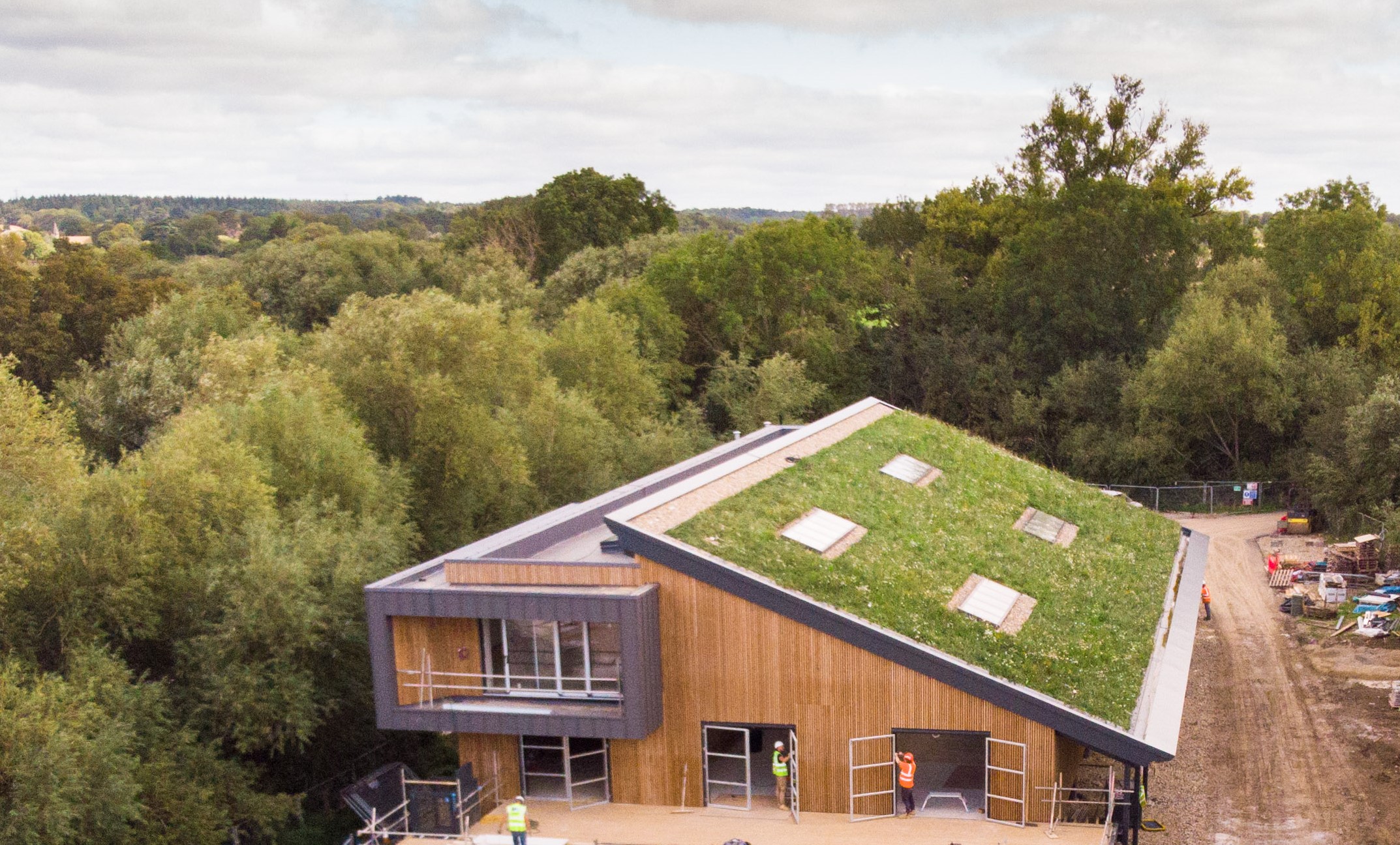
A company that cares
Bringing down UK carbon emissions
The UK urgently needs to decarbonise its built environment sector, which is directly responsible for 40% of the total UK carbon emissions, with the construction sector as a whole estimated to contribute up to 11% of global carbon emissions.
Furthermore, there are half a million non-residential properties in the UK, collectively responsible for almost 20m tonnes of operational carbon every year. Therefore, transitioning our economy towards net zero carbon is the crucial challenge of the decade ahead of us.
Step Energy utilises the Stepnell ‘Step to Zero’ process which draws out sustainability opportunities within each project at the earliest stage. Whole life costing forms a key element to our assessments for our clients.
Step to Zero
Simplifying the pathway to commissioning energy efficient and low carbon buildings
‘Step to Zero’ draws out sustainability opportunities within each project at the earliest stage, maximising their potential.
Providing you with a solid business case, that evidences capital expenditure vs operational expenditure, and long term benefits of sustainable assets. Early engagement with us as your contractor, design consultants and stakeholders is key, we use Teamship collaboration to provide you with a logical road map to:
- Achieve Net Zero projects where possible
- Meet RIBA 2030 Climate Challenge Targets (& interim 2025 targets)
- Obtain benchmark certifications – EPC / BREEAM / WELL
- Achieve ‘zero-carbon in construction’ by 2030
- Make the most of your budget with long term, sustainable solutions
- Providing sustainable solutions that meet both budget and sustainability expectations
Key elements of the process include:
Energy Saving
Early contractor involvement means our design team can review the plans for energy efficiency and challenge the ‘norm.’ Using RIBA 2030 Challenge Targets as a benchmark for reductions in energy consumption, we can provide you with a path to minimising energy demand through optimised building systems, reducing reliance on outdated high energy consuming technologies.
Energy Efficiency
Using a ‘fabric first’ approach to building design, carefully considering the design and construction of your building envelope in the initial design stages, maximising the performance of the components and materials that make up the building fabric and services, before any building work begins.
Renewables
Our design team can work with you to determine the long term aspirations for your asset, adapting thinking to the end of life of the building and not just ‘in use’ at that time. Specifying materials and processes that allow you to reuse and recycle every element of the scheme in the long term.
Low Emission
We can provide you with an energy and carbon review of your initial designs or existing assets, including CapEx vs OpEx analysis. Our aim is to minimise energy demand during the initial design stages, using efficient services and low carbon heat.
The review will provide you with a high-level business case for the introduction of energy efficient/generating technologies into your scheme including lighting, solar PV, electric vehicle charging, high voltage and low voltage (HV & LV) solutions and a Smart Grid review, to show potential for carbon offset, supporting the journey to zero.
We ensure you gain the most from all new systems through end user and facility management team training to achieve operational performance objectives and deliver sustainability goals.
Conventional
The design and engineering of your building will have a huge part to play when it comes to reducing the waste created during the process of construction. We can suggest the use of circular economy strategies, reviewing the build process with a focus on waste minimisation, the use of recycled / upcycled / circular materials, the use of MMC and pre-manufactured value and the reduction in single-use plastics.
Offsetting
Our approach is to minimise natural resource use and target zero construction waste to landfill.
The design and engineering of your building will have a huge part to play when it comes to reducing the waste created during the process of construction. We can suggest the use of circular economy strategies, reviewing the build process with a focus on waste minimisation, the use of recycled / upcycled / circular materials, the use of MMC and pre-manufactured value and the reduction in single-use plastics.
Featured Projects
View more-
Decarbonisation Schemes – Dorset Council
Stepnell & Step Energy were commissioned to deliver 26 Salix Funded Decarbonisation…
Read more -
St. Bernadette’s Rugby Club, Bristol
Our Client Bristol City Council engaged with our parent company Stepnell Group…
Read more -
Liddell Building, Oxford
Our Client Monard Electrical contractors engaged with Step Energy to assist with…
Read more

